ELON MUSK: AfD is going to win an “EPIC VICTORY” in Germany
Elon Musk Predicts an “Epic Victory” for AfD in Germany’s Upcoming Elections
In a bold and controversial statement, Elon Musk, the CEO of Tesla and SpaceX, has weighed in on Germany’s political landscape, predicting that the right-wing Alternative for Germany (AfD) party is poised for an “epic victory” in the upcoming elections. Musk’s comments have sparked significant debate and discussion, as the AfD continues to rise in popularity within the country, amidst growing discontent with mainstream political parties and the ongoing challenges posed by global crises.
The AfD’s Rising Popularity in Germany
The Alternative for Germany (AfD), a nationalist and populist party, has been gaining momentum in recent years, particularly in the wake of Germany’s handling of the migrant crisis, economic challenges, and rising concerns about the European Union’s influence on national sovereignty. The AfD, founded in 2013, has rapidly become one of the most influential and controversial political forces in Germany, advocating for policies such as stricter immigration controls, Euroscepticism, and a more assertive national identity.
The party’s popularity has surged among certain segments of the population, particularly in the eastern regions of Germany, where they have capitalized on concerns over economic inequality and a sense of cultural alienation. The AfD’s anti-immigration stance and its criticism of the European Union’s policies on issues such as immigration, climate change, and economic governance have resonated with a growing base of voters who feel marginalized by the political establishment.
In recent state elections, the AfD has seen substantial gains, positioning itself as a key challenger to Germany’s traditional political parties, including the Christian Democratic Union (CDU) and the Social Democratic Party (SPD). The party’s increasing popularity is seen as a reflection of broader shifts in Europe, where populist and far-right movements have been gaining traction amid economic uncertainty, immigration debates, and dissatisfaction with the political status quo.
Elon Musk’s Bold Prediction
Musk’s comments regarding the AfD’s potential victory have generated considerable attention, particularly given his prominence in global business and technology. Known for his outspoken views on politics, economics, and social issues, Musk’s prediction is seen as a significant endorsement, even though he did not explicitly endorse the party itself. Instead, he suggested that the AfD’s message is resonating with a large portion of the German population, making it increasingly likely that they will secure a major electoral victory.
His statement reflects Musk’s broader stance on political and social trends, particularly in the context of global political movements and the shifting dynamics of democracy in the West. Musk has previously expressed skepticism about traditional political systems and has been an outspoken advocate for populist movements that challenge established political elites.
While Musk’s prediction may be viewed as a controversial opinion, it aligns with the growing sense of disillusionment among certain voters who feel that mainstream political parties have failed to address their concerns, particularly with regard to immigration, economic inequality, and the erosion of national sovereignty. The AfD, in Musk’s view, appears poised to capitalize on this discontent and achieve significant success in the upcoming elections.
Why AfD’s Rise Matters
The AfD’s rise in Germany is significant not only for the country but for Europe as a whole. Germany, as Europe’s largest economy and a key player in the European Union, has long been seen as a beacon of stability and moderation within the EU. However, the growing popularity of right-wing and populist parties in Germany reflects a broader trend across Europe, where disillusionment with traditional political elites is pushing voters toward more radical options.
The AfD’s stance on issues such as immigration and nationalism has made it a polarizing force in German politics. The party’s opposition to Chancellor Angela Merkel’s decision to allow large numbers of refugees and migrants into Germany during the 2015 migrant crisis earned it both criticism and support. While many saw the party’s response as xenophobic and divisive, others viewed it as a legitimate expression of concerns about cultural integration, economic strain, and the challenges of managing migration.
As the party continues to gain ground, the political climate in Germany is becoming more fragmented, with growing divisions between the left and right. This could lead to significant changes in Germany’s political landscape, including a shift toward more populist and nationalist policies, which could have far-reaching implications for Germany’s role within the European Union and on the global stage.
Musk’s Influence and His Alignment with Right-Wing Populism
Elon Musk is no stranger to making controversial statements, particularly when it comes to politics and societal issues. His views on government regulation, free speech, and technological innovation often align with libertarian and right-wing populist ideals. Musk has been a vocal critic of excessive government control and regulation, particularly when it comes to industries such as space exploration, energy, and transportation.
Musk’s support for the AfD could be seen as part of his broader advocacy for populist movements that challenge the traditional political establishment. His views on the role of government, particularly in relation to individual freedoms and market dynamics, often resonate with right-wing populists who advocate for less government intervention and more sovereignty for individual nations.
However, it is important to note that Musk’s comments should not necessarily be interpreted as an endorsement of the AfD’s policies or political platform. Rather, his statement reflects his belief that the party’s rise is indicative of broader political shifts occurring not just in Germany but throughout Europe and the Western world.
The Implications of an AfD Victory
If the AfD were to achieve what Musk has described as an “epic victory” in the upcoming German elections, it would mark a significant turning point for the country and the European Union. An AfD-led government could dramatically shift Germany’s approach to key issues, including immigration, national security, and EU relations.
One of the key areas where an AfD victory would have immediate implications is Germany’s stance on the European Union. The AfD has been consistently critical of the EU, advocating for a reduction in Germany’s role within the union and pushing for a more nationalist approach to European politics. The party’s Euroscepticism could create friction between Germany and other EU member states, particularly those that support deeper integration and a more centralized European government.
An AfD-led government would likely pursue more stringent immigration policies, focusing on limiting the influx of refugees and migrants into Germany. This would likely put Germany at odds with other EU nations, especially those that have been more open to accepting refugees and immigrants.
In addition to its stance on immigration and the EU, an AfD victory could lead to a shift in Germany’s foreign policy, with a greater emphasis on national sovereignty and a more assertive stance on global issues. This could alter Germany’s relationships with other European powers, as well as with the United States and other key international players.
Conclusion: A Divisive Future for Germany?
Elon Musk’s prediction that the AfD is on track for an “epic victory” in Germany reflects the growing polarization and discontent with the political establishment, not only in Germany but across much of Europe and the Western world. As populist and right-wing movements continue to gain traction, Germany’s political future appears more uncertain than ever.
The AfD’s rise presents a challenge to the traditional political order in Germany, and its success in the upcoming elections could have profound implications for the country, the European Union, and the broader geopolitical landscape. Whether or not Musk’s prediction comes to fruition, it is clear that the political dynamics in Germany are shifting, and the rise of populism and nationalism will continue to shape the country’s future.
As the political landscape in Germany and Europe becomes increasingly polarized, the coming years will likely see even more contentious debates over immigration, national sovereignty, and the future of the European Union. The AfD’s potential victory could be a harbinger of a larger shift in Europe, as traditional political parties struggle to address the concerns of a growing segment of the electorate. Whether or not this marks the beginning of a new political era in Germany remains to be seen, but the rise of the AfD is certainly a trend that cannot be ignored.
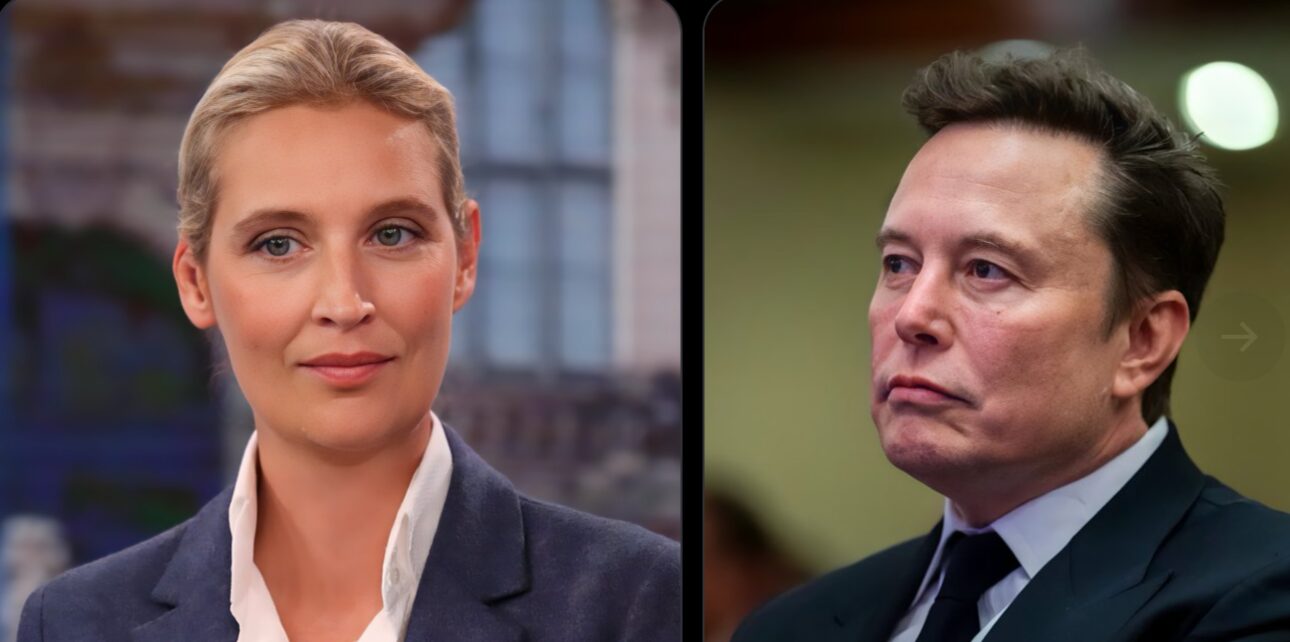
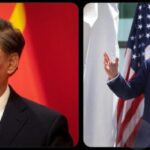
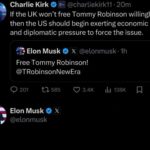
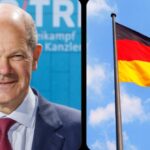


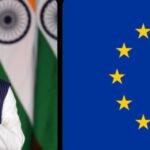
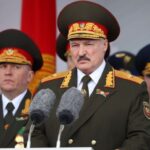









Post Comment